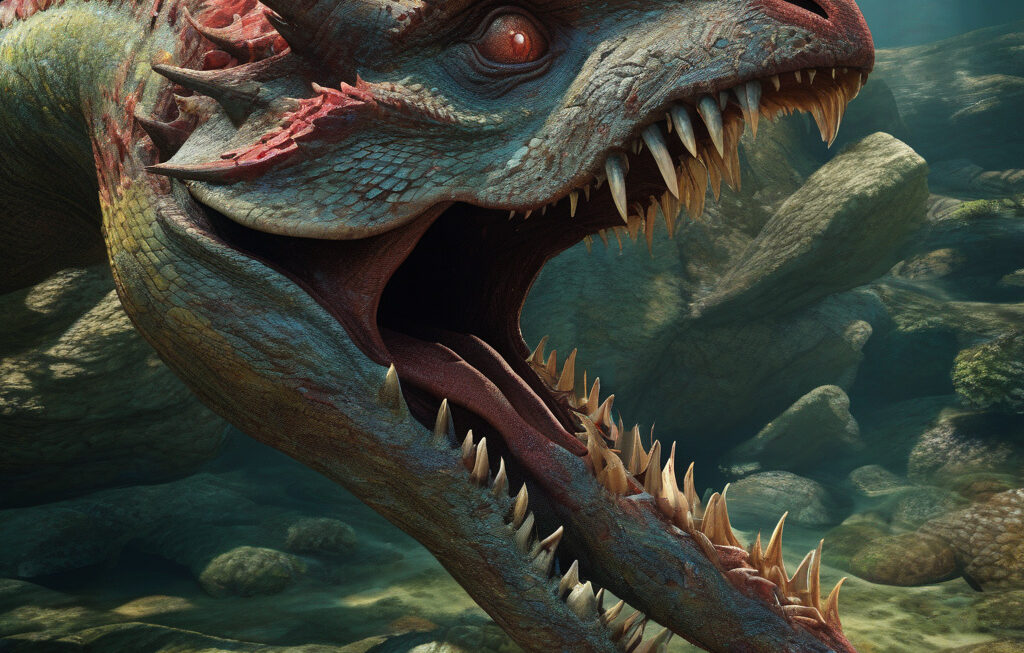Wormspiracy Theory: Greenland Fossils Expose 500-Million-Year-Old Squid Imposter
A 500-million-year-old enigma concerning ancient squid-like creatures has at last been deciphered. Researchers from the University of Bristol, UK, have made a groundbreaking discovery in Greenland that sheds light on the mysterious fossils found in the region. These fossils, initially believed to belong to early cephalopods, have now been revealed to be imposters – ancient worms posing as squid-like creatures.
The team of scientists, led by Dr. Imran Rahman, studied the well-preserved fossils found in the Sirius Passet fossil site in Greenland. These fossils, dating back to the Cambrian period, were originally thought to be early ancestors of modern-day squids. However, upon closer examination using advanced imaging techniques, the researchers determined that these creatures were, in fact, a type of marine worm that evolved to mimic the appearance of cephalopods.
This discovery challenges previous assumptions about the evolution of cephalopods and highlights the remarkable adaptations that ancient marine organisms underwent to survive in their environment. The findings, published in the journal Scientific Reports, provide valuable insights into the complexity of early marine ecosystems and the strategies organisms developed for protection and predation.
The implications of this research go beyond paleontology, reaching into the realms of evolutionary biology and ecology. By unraveling the mystery of these 500-million-year-old fossils, scientists can better understand the interconnectedness of species and the ways in which natural selection drives adaptation and diversification over time.
Dr. Rahman and his team’s work exemplifies the importance of reexamining existing fossil records with fresh eyes and modern technology. What was once thought to be a straightforward case of early cephalopod evolution has turned into a fascinating study of mimicry and adaptation in ancient marine life.
This discovery also underscores the significance of Greenland as a hotspot for paleontological research. The region’s unique geological history and well-preserved fossil sites offer scientists a glimpse into the distant past, providing crucial data for reconstructing the evolution of life on Earth.
As we continue to uncover the secrets of our planet’s ancient history, each new discovery adds a piece to the puzzle of life’s complexity and diversity. The revelation of the 500-million-year-old squid imposter in Greenland’s fossils serves as a reminder that nature is full of surprises and that there is still much to learn about the wonders of the natural world.
In conclusion, the wormspiracy theory surrounding the Greenland fossils offers a captivating glimpse into the world of ancient marine organisms and the evolutionary strategies they employed. By challenging existing assumptions and pushing the boundaries of scientific knowledge, researchers are rewriting the narrative of Earth’s history one fossil at a time.
Greenland, fossils, squid imposter, evolution, paleontology












